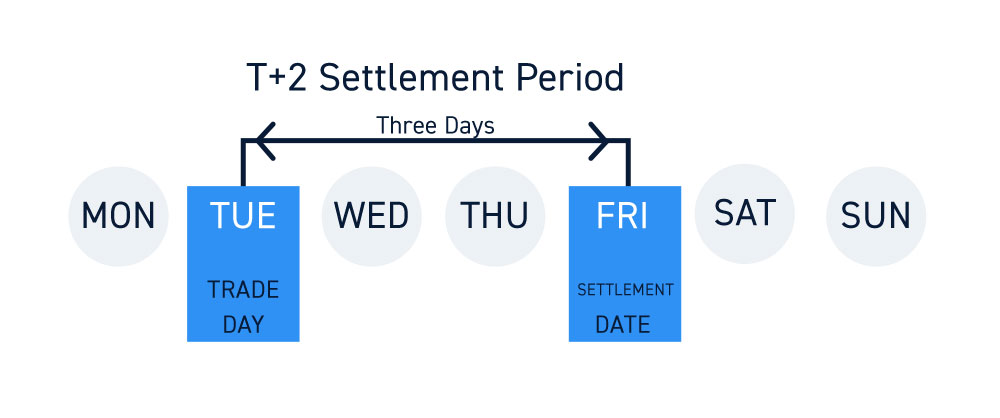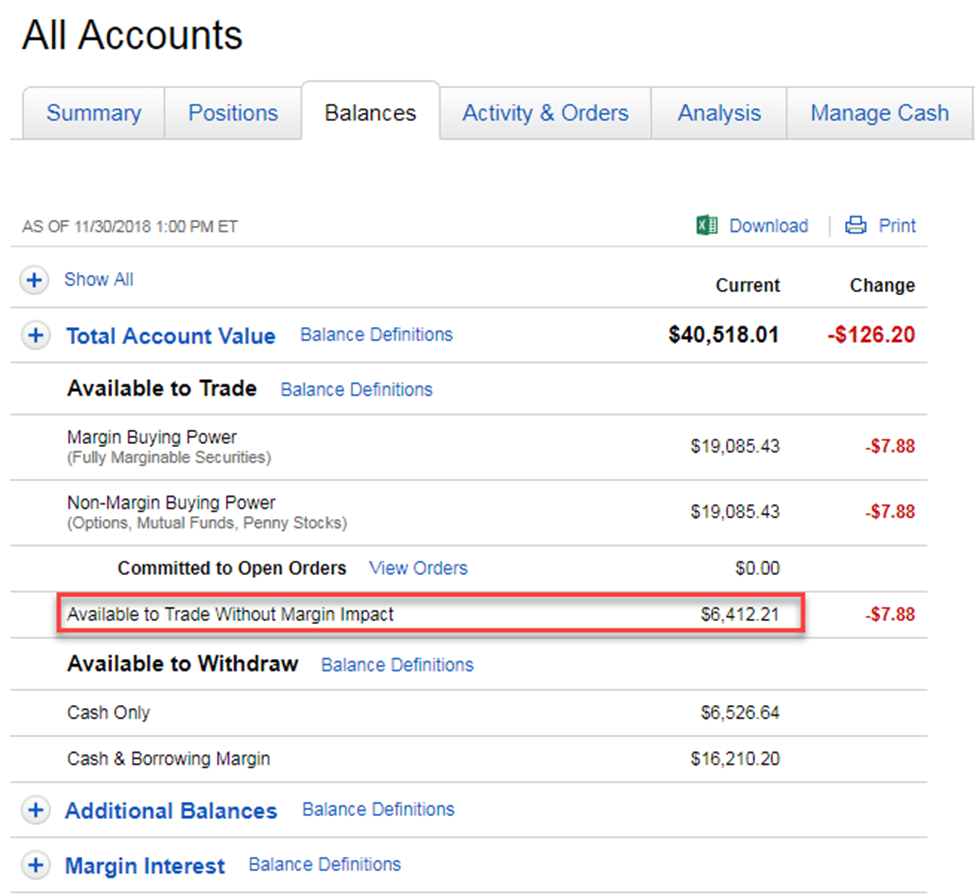Unveiling the Investment Landscape
Investing in the stock market presents a myriad of avenues, each tailored to specific investment goals and risk tolerance. Three prominent options that investors often encounter are margin privileges, options trading, and cash account. This comprehensive guide will delve into each of these options, exploring their definitions, mechanics, and implications.

Image: arcpay.io
Margin Privileges: Borrowing Power with Potential Risks
Margin privileges refer to the ability to borrow funds from a brokerage firm in order to enhance buying power. This leverage allows investors to amplify their potential returns but also magnifies potential losses. Margin trading involves borrowing funds up to a predefined amount, allowing investors to purchase more shares than they could with just their own capital. However, utilizing margin carries inherent risks. If the value of the purchased shares declines significantly, the investor may face a margin call, requiring them to deposit additional funds or liquidate their position to cover the losses.
Options Trading: Speculating on Future Price Movements
Options trading involves contracts that grant the buyer the right to either buy (call option) or sell (put option) an underlying asset at a specific price within a predetermined period. Options provide investors with flexibility as they offer the potential for both speculative returns and risk management. However, it’s important to note that options trading involves substantial complexities and can result in significant losses if not properly understood.
Cash Account: Traditional Investment Approach
A cash account represents a more conventional investment model. In a cash account, investors purchase and sell securities using solely their own funds, without the use of leverage or options contracts. This approach offers the benefit of simplicity, lower trading costs, and reduced risk compared to margin trading or options trading. However, it also limits the potential for enhanced returns.

Image: centerpointsecurities.com
Navigating the Investment Options: Balancing Risk and Reward
The choice between margin privileges, options trading, or a cash account hinges upon an investor’s individual circumstances, risk tolerance, and financial goals. Margin privileges can amplify returns but also escalate risks, requiring constant monitoring and risk management skills. Options trading offers speculative opportunities but necessitates sophisticated understanding and substantial market experience. Conversely, cash accounts provide a more traditional and lower-risk investment approach, but growth potential may be constrained.
Tips and Expert Advice for Informed Investing
-
Thoroughly Evaluate Your Risk Tolerance: Determine your comfort level with potential losses before choosing any investment strategy.
-
Educate Yourself Continuously: Invest time in understanding the intricacies of margin trading, options trading, and other investment instruments to make informed decisions.
-
Seek Professional Guidance: Consider consulting financial advisors for personalized guidance and tailored recommendations.
FAQs on Margin Privileges, Options Trading, and Cash Account
Q: Is it advisable to use margin privileges for beginner investors?
A: Beginners are generally not recommended to use margin privileges due to the inherent risks and potential for substantial losses.
Q: What are the advantages of options trading over stock trading?
A:
Options trading offers flexibility, potential for leveraging gains, and the ability to hedge against market risks.
Q: Can I make large profits with a cash account?
A: While cash accounts provide consistent growth potential, the returns may be more conservative compared to margin trading or options trading.
Margin Privileges Or Options Trading Or Cash Account

Image: www.fidelity.com
Conclusion
Margin privileges, options trading, and cash account represent distinct investment avenues with varying risk and reward profiles. Understanding the mechanics, advantages, and potential pitfalls of each option is crucial for informed investment decisions. Whether you are a seasoned investor or a novice, continuous education, prudent risk management, and strategic planning are the cornerstones of successful investing. Are you ready to embark on your investment journey with clarity and confidence?






